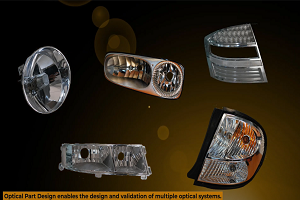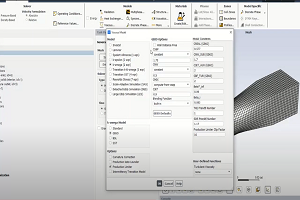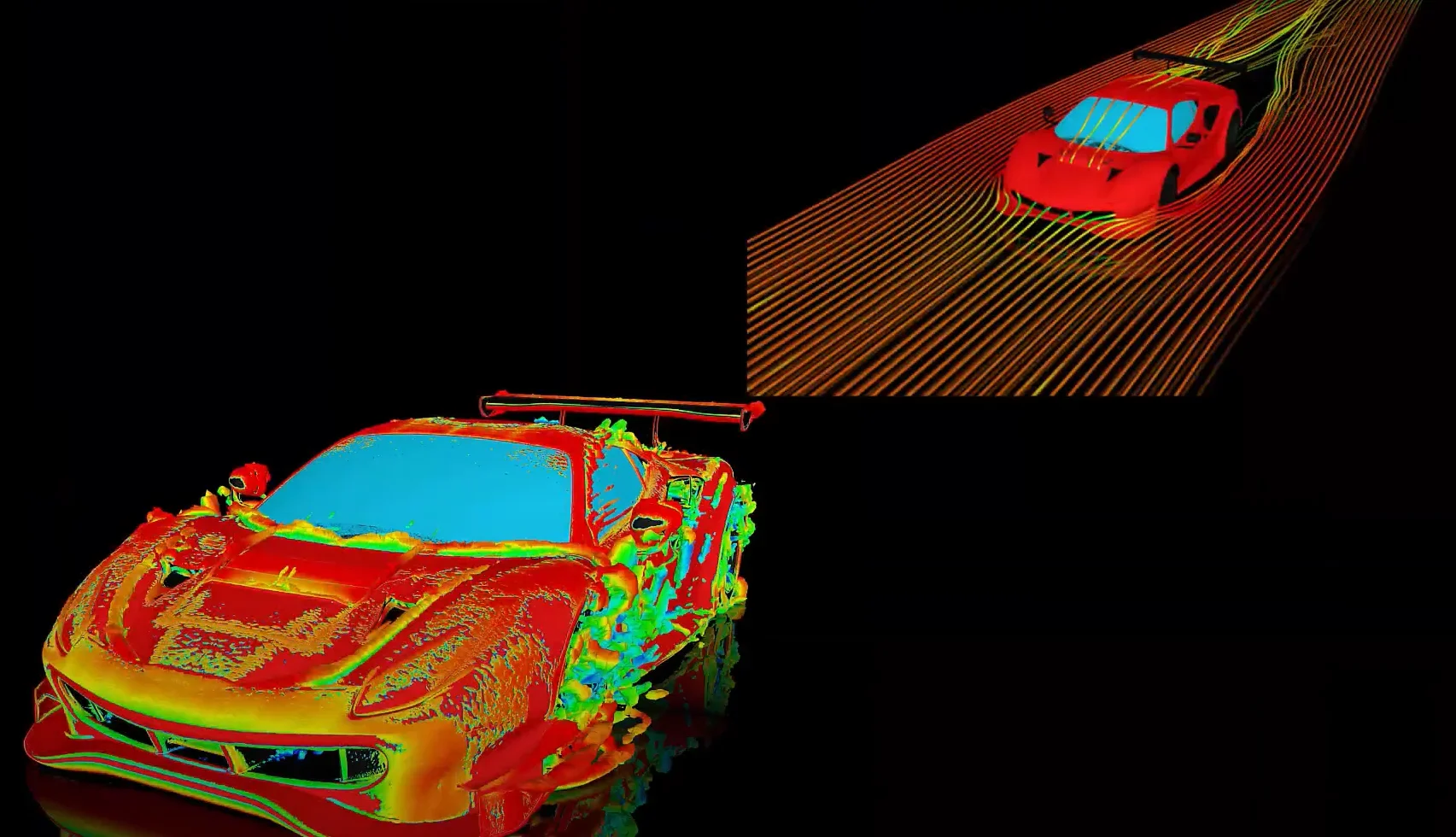Tagged: 19.2, FLUENT Meshing/Tgrid, fluid-dynamics, HexCore, volume mesh
-
-
January 25, 2023 at 7:16 am
 FAQParticipant
FAQParticipantHexcore has hex mesh with hanging nodes. It has one or two layers of tet mesh near boundary and then hexcore in main core region. Hexcore has two options octree based and cartesian based. These are different algorithms but gives similar mesh. From user perspective the main advantage of using Octree based method is – user can use defined size field for mesh refinement. Cartesian based method can not used defined size field. It requires to define regions for refinement. Similar to hexcore, cut cell has hex mesh at the core. But at the boundary mesh is different. In cut cell method, the cells are cut. The cartisian grid is creted in background. And then nodes near geometry are projected on geometry. Some of the cells which are cut by geometry are cut and become n faced cells. In general more focus is on poly cells and not on cut cells. So recommend to use poly instead of cut cell. For more details, please check help manual.
-


Introducing Ansys Electronics Desktop on Ansys Cloud
The Watch & Learn video article provides an overview of cloud computing from Electronics Desktop and details the product licenses and subscriptions to ANSYS Cloud Service that are...

How to Create a Reflector for a Center High-Mounted Stop Lamp (CHMSL)
This video article demonstrates how to create a reflector for a center high-mounted stop lamp. Optical Part design in Ansys SPEOS enables the design and validation of multiple...

Introducing the GEKO Turbulence Model in Ansys Fluent
The GEKO (GEneralized K-Omega) turbulence model offers a flexible, robust, general-purpose approach to RANS turbulence modeling. Introducing 2 videos: Part 1 provides background information on the model and a...

Postprocessing on Ansys EnSight
This video demonstrates exporting data from Fluent in EnSight Case Gold format, and it reviews the basic postprocessing capabilities of EnSight.

- How to overcome the model information incompatible with incoming mesh error?
- Is there a way to get the volume of a register using expression ?
- Skewness in ANSYS Meshing
- What are the requirements for an axisymmetric analysis?
- What are pressure-based solver vs. density-based solver in FLUENT?
- How to create and execute a FLUENT journal file?
- Fluent GPU Solver Hardware Buying Guide
- How to get information about mesh cell count and cell types in Fluent?
- What is a .wbpz file and how can I use it?
- How can I Export and import boxes / Systems from one Workbench Project to another?

© 2025 Copyright ANSYS, Inc. All rights reserved.

